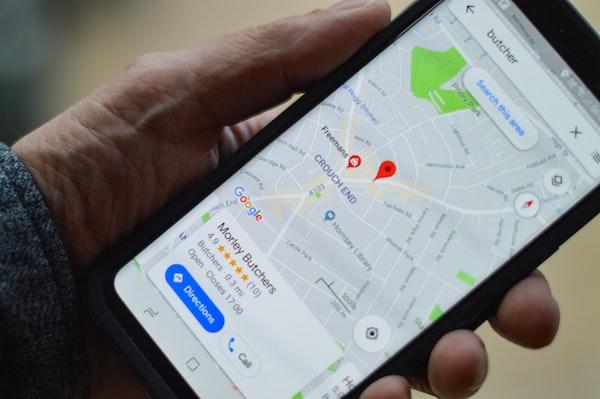The internet has made it easier than ever for people to find the dental services they need. However, if your dental practice isn’t doing well in local search engine results, you could be losing out on a lot of business. In this article, we will give you some tips to improve your dental practice’s local SEO.
Choose the right keywords.

SEO for dentists isn’t much different from traditional website SEO, or search engine optimization. When optimizing your dental website, choosing the right keywords is essential. You want to target keywords that are relevant to your practice and that people are likely to use when searching for a local dentist.
One way to find the right keywords is to think about the words and phrases you would type into a search engine if you were looking for a dentist. For example, you might try using keywords like “dentist [city name]” or “[city name] dentists.” You can also use a tool like Google AdWords Keyword Planner tool to help you find keywords that have high traffic and low competition.
Once you’ve chosen some target keywords, it’s important to include these keywords throughout your website. You can use keywords in your title tags, meta descriptions, headings, and body copy. You can also use keywords in local business directories and social media profiles.
By targeting the right keywords, you can improve your dental practice’s local SEO and bring in more patients from your area.
Publish blog content relevant to your target audience.
Another important aspect of dental SEO is regularly publishing blog content relevant to your target audience. This means creating posts that are both informative and engaging for potential patients in your local area. Here are a few tips to help you get started:
Choose a topic that’s relevant to your target audience: Before you start writing, take some time to think about what topics would be most interesting and useful for your patients. Do they need advice on oral health care? Tips for choosing the right dentist?
Write quality content that’s worth reading: Your readers will only come back if your content is of high quality and provides value. So make sure to take the time to write thoughtful blog posts that are well-researched and well-written.
Promote your content on social media platforms: Once your blog post is published, be sure to share it on all of your social media profiles! This will help increase its reach and attract new readers.
Claim and optimize your local business listings.

Making sure that your Google My Business listing is claimed and optimized will ensure that your dental practice’s information is accurate and up-to-date. Be sure to include your practice’s name, address, phone number, website, and hours of operation. You can also add photos and videos to help attract potential patients.
You should make sure that your business is listed in other online directories such as Google Maps and Apple Maps. These directories are often used by people looking for a dentist in their area, so having a listing there will help you get more traffic from potential patients.
Promote your dental practice on social media.
In addition to optimizing your website, you can also promote your dental practice on social media. Platforms like Facebook and Twitter offer great opportunities to reach new patients in your area. Be sure to post regularly about what’s happening at your practice, share patient testimonials, and offer special promotions.
You can also use social media to build relationships with potential patients by engaging with them online. Reply to comments and questions, ask for feedback, and run contests and giveaways. By using social media effectively, you can improve the visibility of your dental practice and attract more patients from your local community.
Overall, SEO is important for dental practices because it can help them to attract more patients from their local area. There several tactics that can help practices improve their local SEO, including optimizing their website for local search, creating local listings, and engaging with potential patients online.
